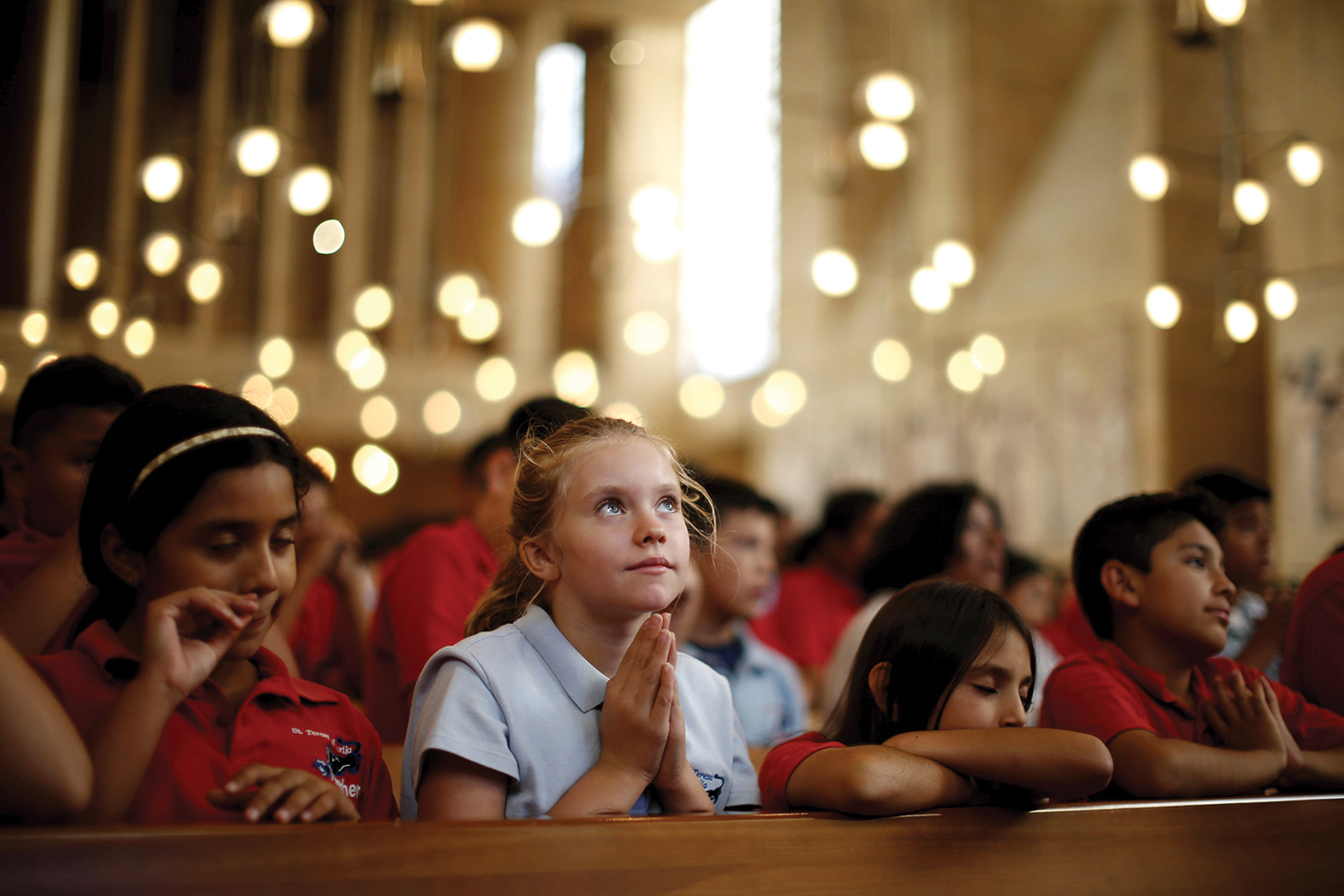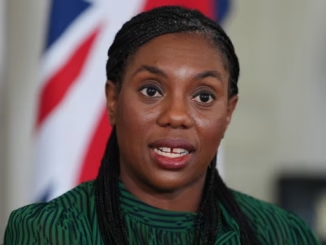
[dropcap]I[/dropcap]t’s strange looking back on religion classes during the junior cycle. Classes were considered somewhat of a farce by fellow students, a class where you could sit back and relax and not worry about the academic consequences. Religion just wasn’t taken seriously.
While the class was normally subject to constant disruption, the content we were examining was in a sense, deeply profound and served as a fundamental basis for understanding other religions, hence, other people.
The Department of Education has laid a new curricular on religious education that allows students in some schools to opt out of the subject. However, the Teachers’ Union of Ireland has rejected the proposition on the basis that no funding has been provided to allow alternative tuition.
However, logistics aside, what are the benefits of students being educated in religion?
“Religious education allows students to not just learn about other religions, but to learn from other religions, to engage with those other religions, which promotes interreligious dialogue, intercultural dialogue and ecumenical dialogue. This is important if we’re not going to just live in a tolerant society, but a respectful, pluralist society,” said Cillian Walsh, a student in his third year of religious and history education here at DCU.
The Department of Education has introduced these new rules in the context of Article 44.2.4 of the Constitution of Ireland and Section 30 of the Education Act 1998 which allows “parents to have their children opt out of religious instruction and worship.”
The distinction between ‘religious education’ and ‘religious distinction’ is a contentious matter between the Religion Teachers’ Association of Ireland (RTAI) and the Department of Education. In an open letter to Minster for Education, Richard Bruton, the RTAI referred to their dismay at the department’s lack of distinction between the two.
‘Religious instruction’ is a term used to describe the instruction of the rites, practice and teaching of a particular religion for pupils. However, ‘religious education’ as a subject is defined as open to all pupils regardless of their commitment to any particular religion or worldview and aims at the students’ moral and spiritual development
The RTAI maintains that the lack of distinction between this two terms is detrimental to subject’s teaching and undermines what they describe as progressive work made by religion teachers and schools.
Walsh argues that with the increasing amount of misinformation being perpetuated on social media, religious education is a necessary foundation for students to formulate comprehensive opinions.
“We’ve seen it recently with the election of far-right parties in Hungary and across Europe, we’ve seen this anti-immigration, racist, xenophobic, Islamophobic ideology spreading and the best way to counter that is to equip people with knowledge. Knowledge is power. If we equip our young people with the skills to filter out this stuff they read online and engage with other religions, to find some common ground.”
We have come to live in a world dominated by divisive politics, ideological rhetoric and fake news. It is obvious that there is no clear-cut answer to these problems, but perhaps it couldn’t help to try to emphasise the importance of religious education, to broaden students’ knowledge of an increasingly diverse world and at last, take religion in school seriously.
David Kelly
Image Credit: Catholic Herald



